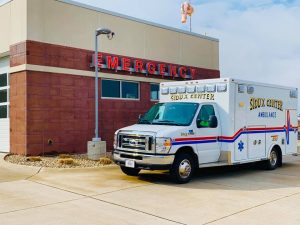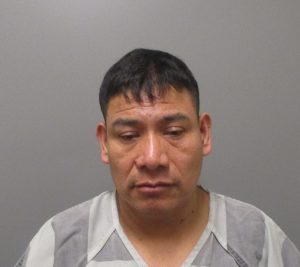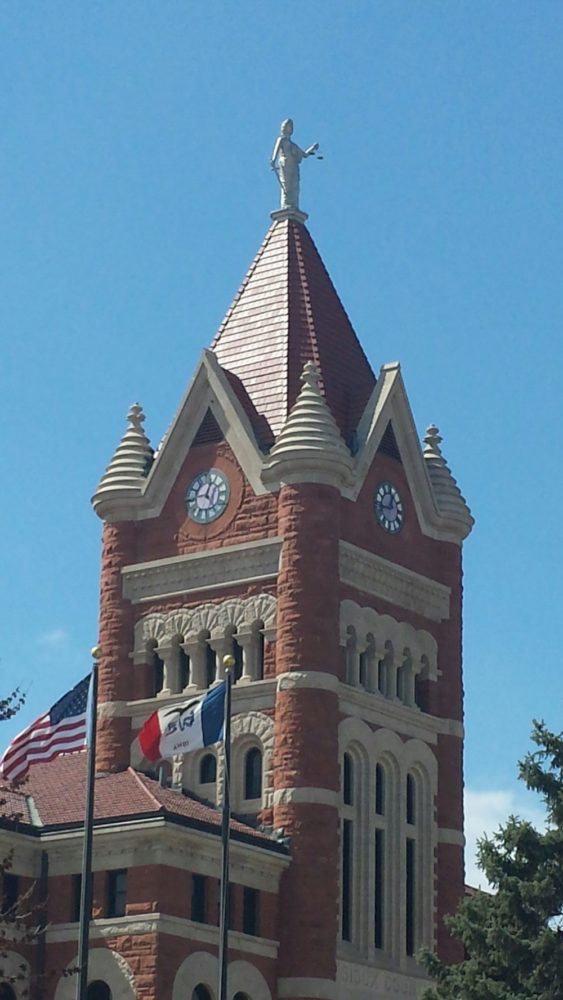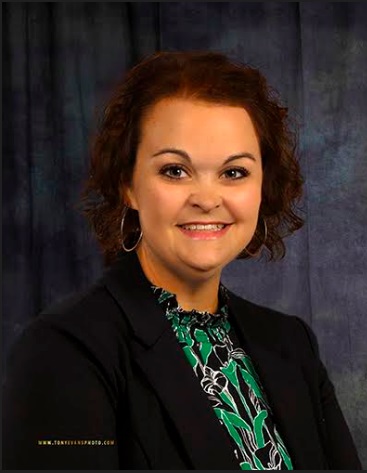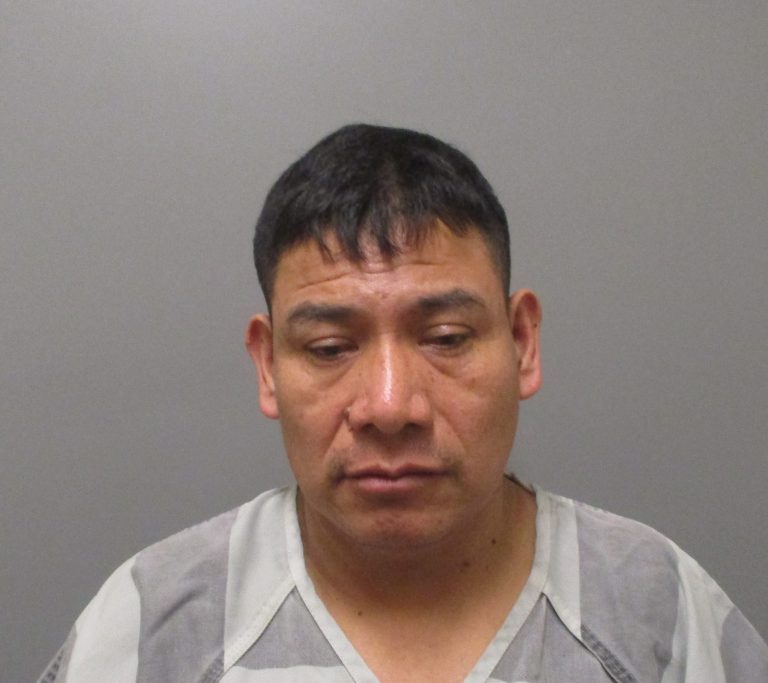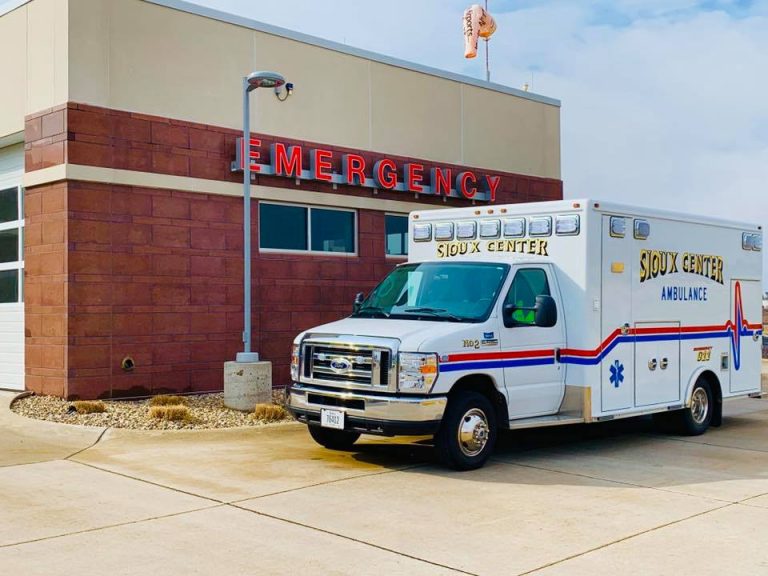
Synod officials say the move comes after more than 30 years of discussing denominational structure and adopting “half measures” at various synods. The proposal came to synod – the annual leadership meeting of the Christian Reformed Church – from a task force that was appointed in 2011 following the resignation of the CRC’s top two administrative leaders. That task force has reported on its progress to each synod since then.
The plan will see the denomination’s 30-member Board of Trustees, which conducts the work of synod when synod is not in session, replaced by a council of delegates of perhaps 60 members by 2018 or sooner.
Although many details still have to be finalized, the proposal presented to synod suggested that instead of representing regions, delegates might come from the classes (regional groups of churches). Plus there may be several at-large members of the council.
That would result in the council resembling synod in that the U.S. delegation would outnumber Canadians by a about three to one. The current Board of Trustees has an equal number of Canadian and U.S. members.
It is yet to be determined how often the council would meet. It would have a smaller executive committee, perhaps with 12 members, that would meet more frequently.
Another major change will be the combining of the boards of the CRC’s mission agencies – Back to God Ministries International, Christian Reformed World Missions, and Christian Reformed Home Missions – into a missions committee that would be a sub-committee of the council.
Rev. Nick Overduin, Classis Toronto, said this is the perfect time to make such a change, with new leaders in place on the administrative executive team.
Elder Lenore Maine from Classis Hackensack, didn’t want synod to be held back by lack of detail. Referring to decisions synod had made earlier in the week, she said, “We’ve been going forward, voting forward all week. We’ve built a brand new car and now you want to put a beat up engine in it. You need a new engine to make it go further!”
Synod tasked a transition committee with working out the details, including the size and composition of the council and how often it will meet. The transition committee is expected to work on a three-year time frame, reporting to synod on its progress each year.

